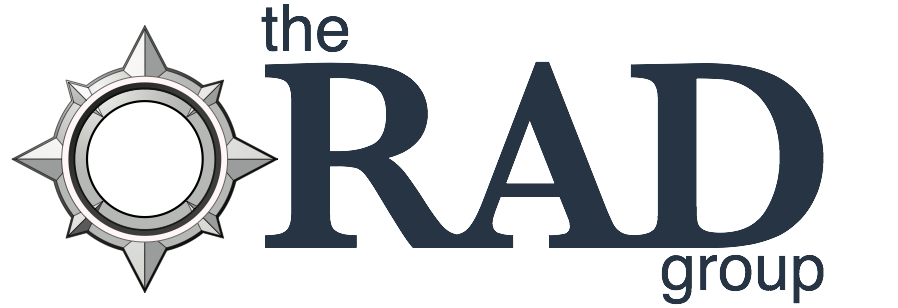In our last blog, we proposed that cultures are not “one-size-fits-all.” The right kind of culture for your organization is determined by your goals. If you need to be “cutting-edge” to thrive in your market space, then a culture of innovation is appropriate. If you are in an industry with highly complex operations and need to avoid failure at any cost, then a high-reliability culture may be more appropriate.
So, here is a short exercise that will help you identify the kind of culture that is best for you. Before starting, note that it might be better to focus on your specific department or division rather than the company as a whole.
Which of the following best describes your organization?
A. The nature of my organization’s work is highly complex. It involves the interaction of complex technical, mechanical, legal or social systems, and small mistakes can lead to much larger, far-reaching and even catastrophic events.
B. My organization is primarily responsible for finding new solutions for difficult or stubborn challenges. We succeed by bringing new services, policies, technologies or other resources to end users.
C. My organization operates in an unpredictable or volatile market. We are often forced to change quickly to adapt to regulatory, economic, consumer or other external pressures.
D. There are many hazards in my workplace and the people in my organization are regularly exposed to personal risks. If people do not work correctly, they or others around them could easily be injured.
E. For our organization to succeed, a relatively small group of individuals have to perform at a very high level. These individuals must be extraordinarily motivated, work long and hard hours, and continually work to improve their abilities.
Here is the answer key (and also the agenda for our next five blogs):
A = High Reliability Culture
B = Innovative Culture
C = Agile Culture
D = Safety Culture
E = Competitive Culture
It is normal to recognize yourself in all of these descriptions, but which best captures the nature of your organization?
Whatever your answer, stay tuned throughout this blog series. We will dig into each, identify key attributes and explore some of the things that you can do to deliberately shape your organization’s culture.

